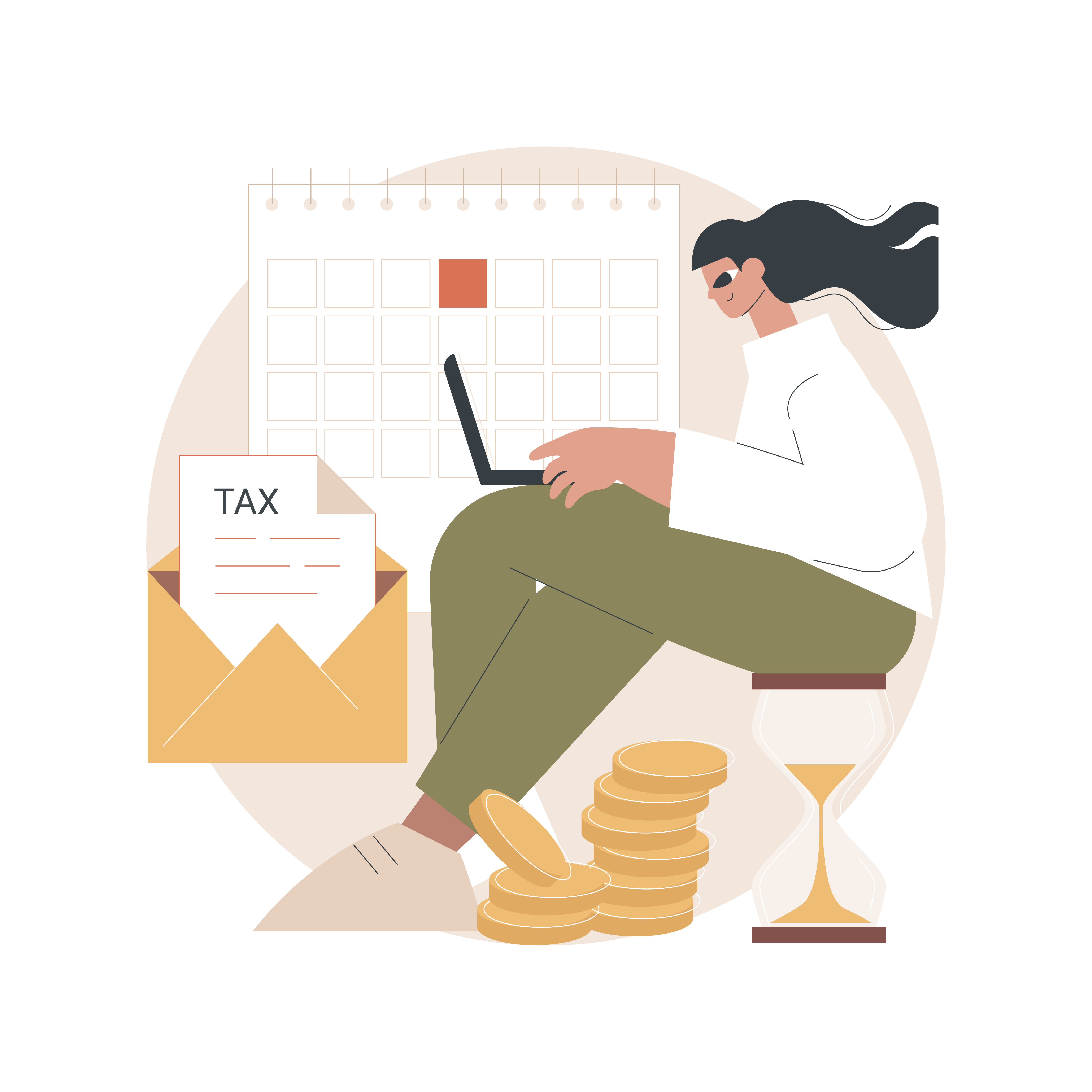
Whether you’re a business owner, freelancer, or someone who doesn’t want to hand over more to HMRC than necessary, understanding tax planning isn’t just smart — it’s essential. In this guide, we’ll break down what tax planning really means, why it matters, and how UK taxpayers (yes, you) can benefit from taking a more strategic approach. If you're looking for UK tax advice, you're in the right place.
Tax planning is the process of evaluating your financial situation and making strategic decisions to reduce your tax liability — legally, of course. It’s not about dodging taxes; it’s about managing your finances in a way that’s efficient and compliant.
That can include:
• Choosing the most tax-efficient business structure (sole trader vs limited company)
• Timing income and expenses
• Taking full advantage of allowances and reliefs
• Making smart pension contributions
• Leveraging investment vehicles like ISAs or SEIS/EIS
Think of it as tuning up your car before an MOT. It still needs to pass, but a little planning can save you a ton of stress — and money.
Here’s a simple truth: the UK tax system is complex — and that’s not likely to change any time soon. With income tax thresholds, dividend rules, capital gains tax, and corporation tax all potentially impacting your bottom line, having a plan is non-negotiable.
1. It Saves You Money
With proper planning, you can legitimately reduce your tax bill — sometimes by thousands. Whether that’s through timing dividends, offsetting losses, or using allowances like the £1,000 trading income exemption, a proactive approach pays off. Many people looking for how to reduce your tax bill start right here.
2. It Helps You Make Smarter Business Decisions
Accounting for small businesses isn’t just about the numbers — it’s about the strategy. Every financial move has a tax implication. Understanding how taxes interact with your decisions makes you a sharper business owner.
3. It Prepares You for the Future
Good tax planning isn’t just reactive — it’s about thinking 1, 5, even 10 years ahead. Whether you're retiring, selling your business, or passing on wealth, having a plan helps those transitions go smoother — with fewer surprises from HMRC.
Let’s look at practical strategies used by savvy UK taxpayers and accountants:
Maximise Your Personal Allowances
Everyone gets a personal tax-free allowance (£12,570 for most). If you’re married or in a civil partnership, consider income-splitting strategies to use both allowances effectively.
Optimise Your Business Structure
Operating as a limited company can offer advantages over sole trading — particularly when it comes to corporation tax planning. But it’s not always the right fit for everyone, which is why tailored UK tax advice is crucial.
Use ISAs and Pensions Wisely
Pensions offer tax relief on contributions, and ISAs provide tax-free growth and withdrawals. Together, they’re a powerful combo in a well-structured tax plan.
Smart Dividend & Salary Mixes
Company directors should pay close attention to how they draw income. A smart mix of salary and dividends can dramatically reduce your personal tax burden — legally and efficiently.
Time Your Capital Gains
Selling a property or shares? Timing matters. Use your annual CGT allowance strategically, and consider spreading disposals across tax years if needed.
Keep an Eye on VAT Thresholds
Once your business revenue exceeds £90,000 (as of 2025), you're required to register for VAT. Staying ahead of this can prevent HMRC issues later down the road.
Tax planning isn’t something you need to handle alone — and in many cases, you shouldn’t. A professional accountant doesn’t just crunch numbers.
They help you:
• Make tax-smart business decisions
• Claim every relief you're entitled to
• Stay up-to-date with HMRC tax tips and legislation
• Avoid nasty penalties from late or incorrect filings
Whether you're managing personal income, a startup, or scaling a company, having an expert on your side for corporation tax planning and other areas is invaluable.
Even with the best intentions, these common mistakes can cost you:
• Leaving it too late — year-end tax panic is a real thing
• Missing receipts or poor record keeping
• Forgetting VAT or underestimating your liability
• Assuming tax planning is only for big companies — it’s not
Solid accounting for small businesses includes planning from day one — not just reacting when the tax return is due.
Tax planning doesn’t mean playing the system — it means working smarter within it.
When done right, it can free up cash, support business growth, and give you confidence about your financial future. Whether you're a freelancer or running a limited company, strategic tax management is one of the most powerful tools available to you.
Ready to take control? Speak with a trusted accountant who can help create a bespoke tax plan that fits your goals — and keeps more of your hard-earned money where it belongs.